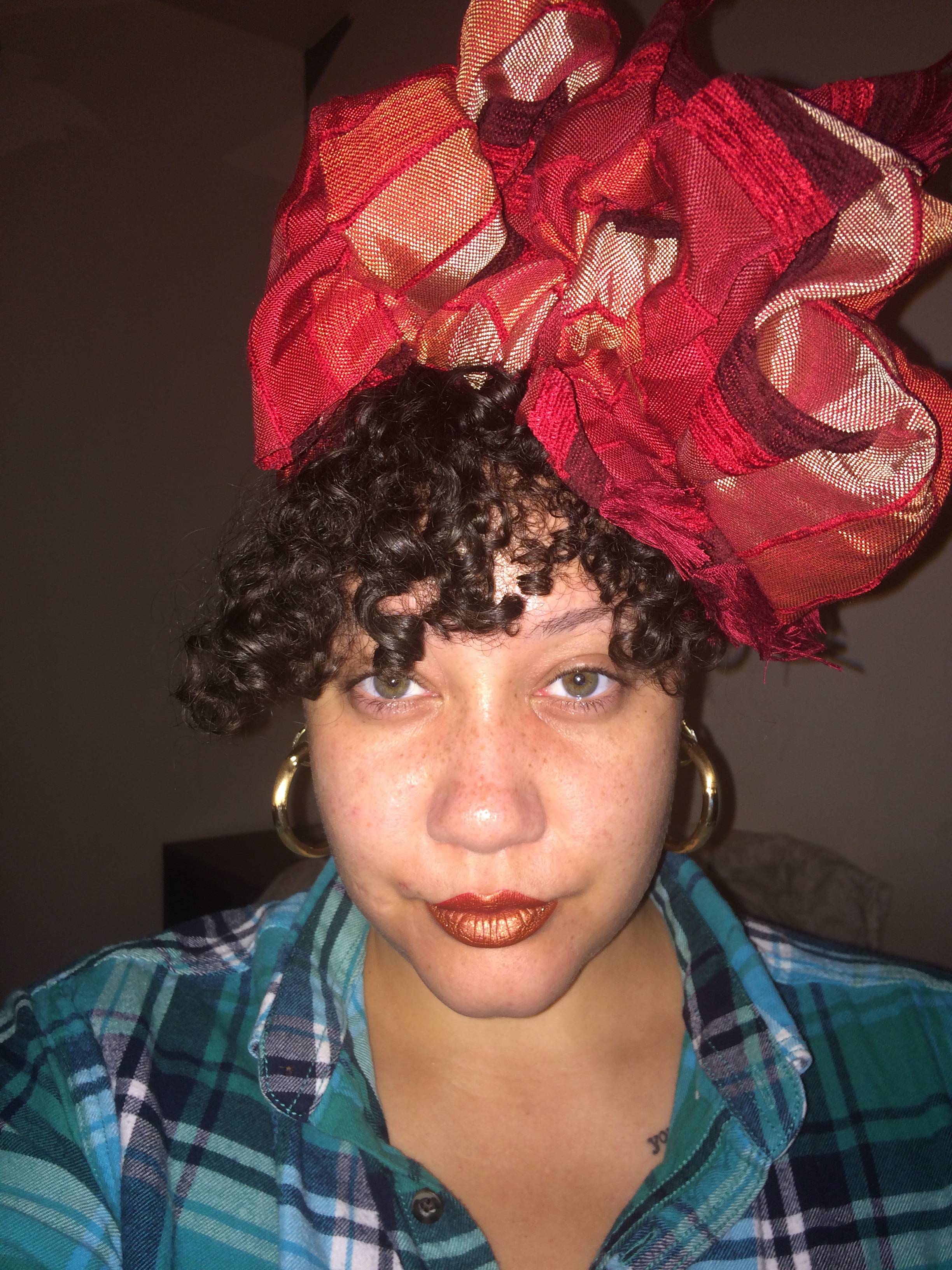It may be cliché to say this now, but how people treat themselves can show you how they treat those closest to them, then other strangers. I often forget to water my flailing herb garden. I often force my body—muscles hard from the lactic acid produced in my anxious panics—to be pleasant to my lovers, who expect pleasantries.
Last I went home to visit, the iyaloja or for you, witch woman, soaked me in a bath of basil, oregano and honey. Her old hands like tubers clenching my muscles, ordering them to release themselves and me. I told her I was seeing a therapist and she cut her teeth at me, rolled her eyes, then said, “Can they see the anger demon on your back?”
It is funny how people make ideas from feelings, then pretend the two don’t couple. I want to tell you that I found the letters where you confess kissing your patients, how you believed it therapeutic. The letters where Freud claimed to you he “overcame his homosexuality” and mentioned familial incest. Imagine emotion a color, now make that color a lens, now hold it up to the world, everyone is stained.
As a black girl I question whether or not submitting to convoluted theories driven by the judgment and denials of white men can cure me, or anyone for that matter. I found another letter in which you told Freud that a patient you and he treated killed herself after you both called her a liar when she said she was raped, but it seems for you secrets are so much more important than anyone—I guess.
I am writing to you because we have somehow both ended up in the dimension of the unseen things. Of things no longer valid. People avoid us or run through us, like rain. We are so fixed in the imagination, there is no need to acknowledge us anymore. But here is the kicker. We are both here because of the things we can tell. You can tell that you misdiagnosed the world; I can tell the world who is missing from the diagnosis.
Jessica Lanay is a poet, short fiction writer, and art writer. She has work forthcoming in The Normal School, Prairie Schooner, and Indiana Review. Her short fiction was most recently published in Tahoma Literary Review and Black Candies. A short autobiographical essay was also published in Salt Hill Journal. Her art writing can be found in BOMB and ArtSlant. She is a Callaloo, Cave Canem, and Kimbilio Fellow, as well as a 2018 Millay Colony Residency recipient.



